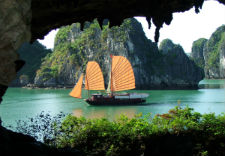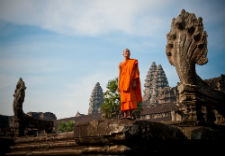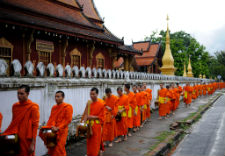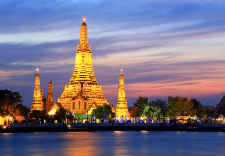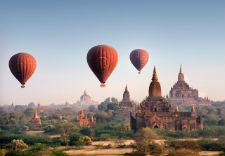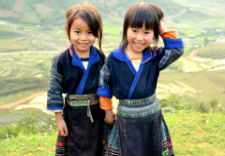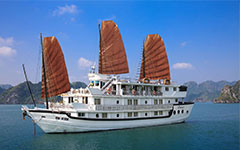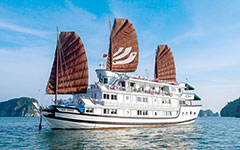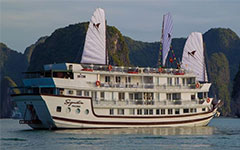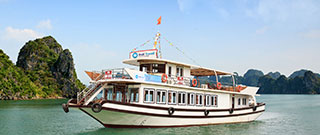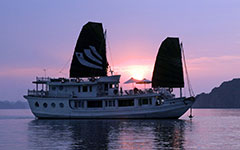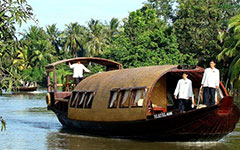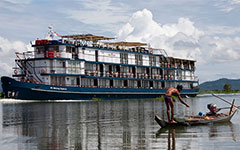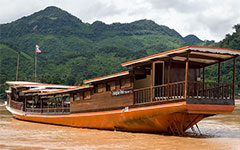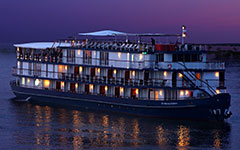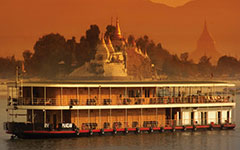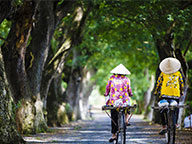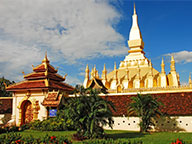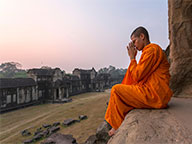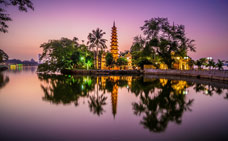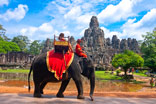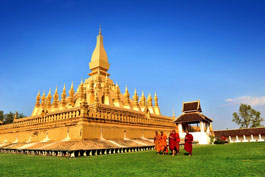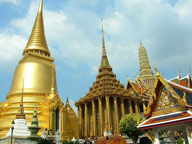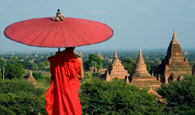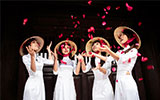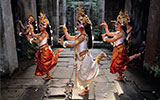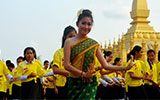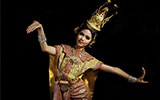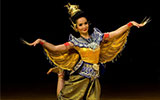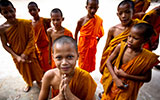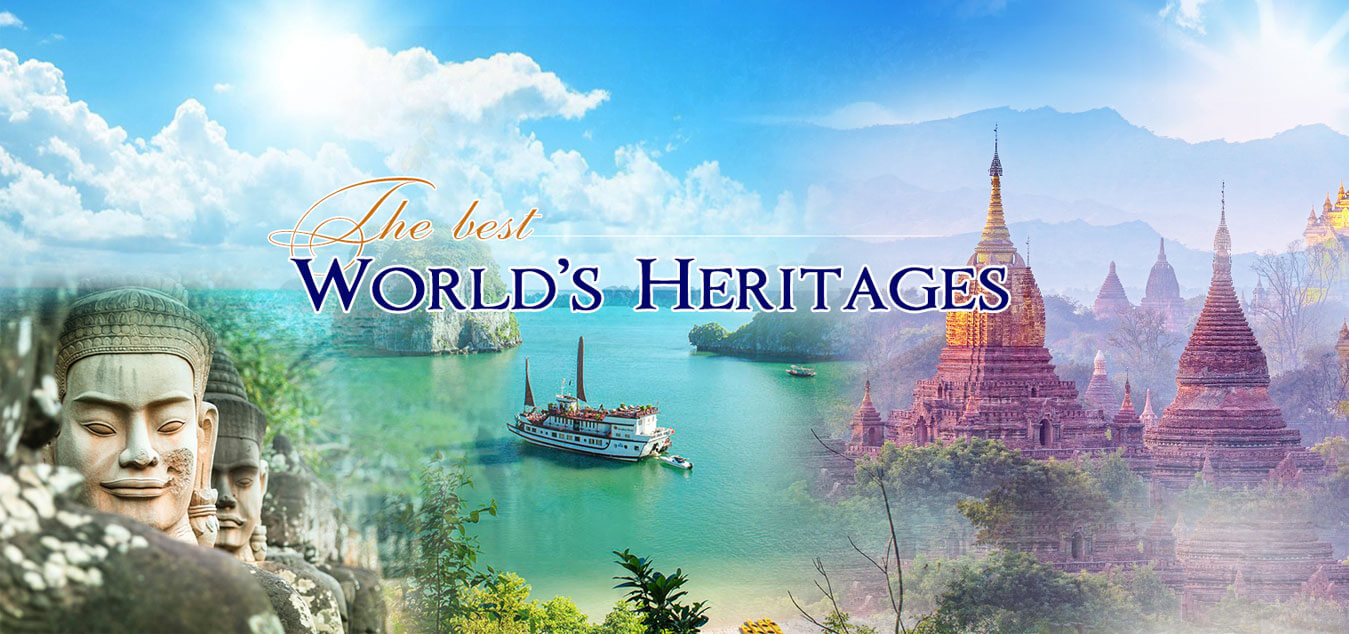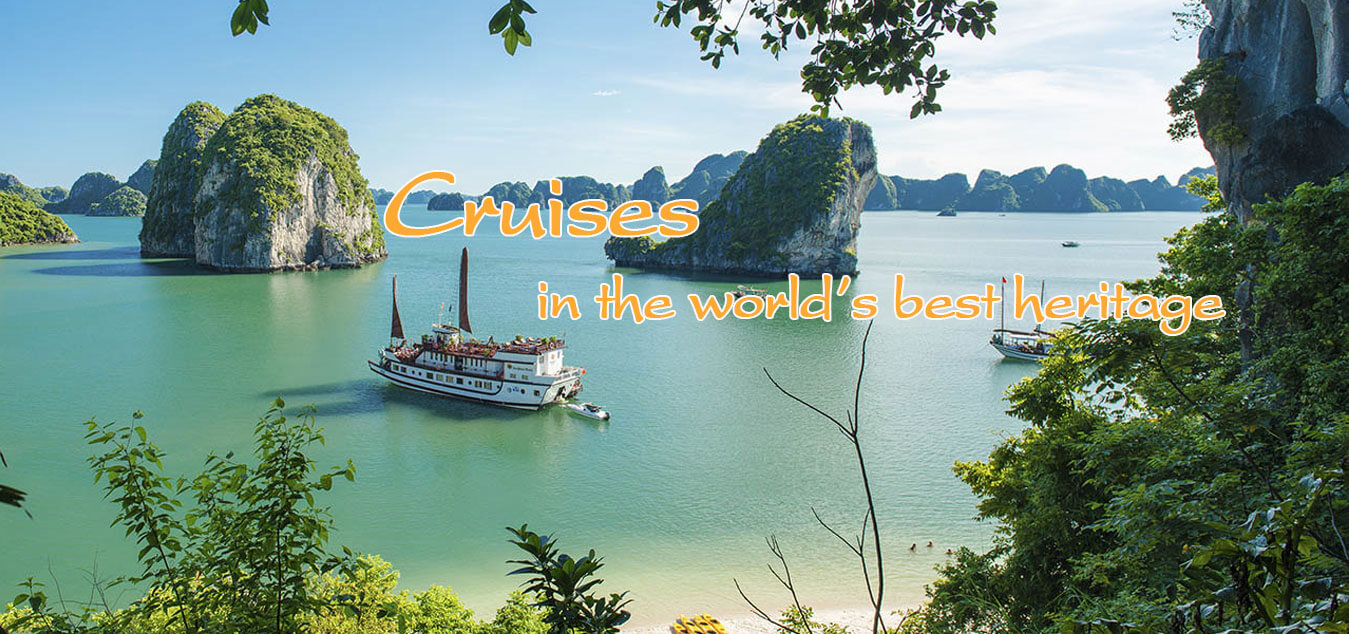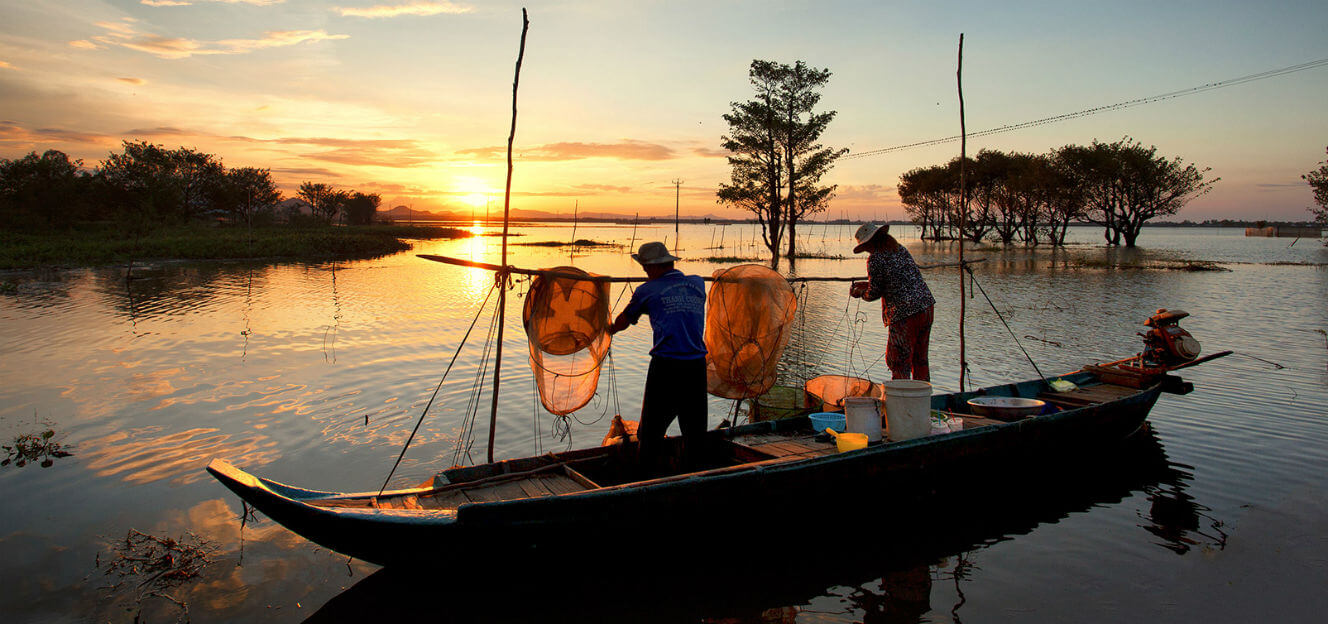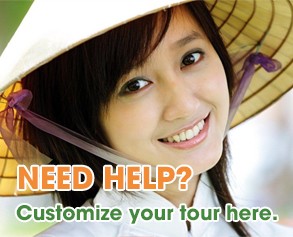Health & Safety Vietnam
Before your trip to Vietnam, your should go to visit your doctor for the best advice about your heath status, and have more test if needed. You may need 4 - 6 weeks to check whether you need any vaccinations or other preventive measures. He may advise you what medicine you need on your trip, sometimes you can not find it in Vietnam
The following vaccines are recommended: Polio, tetanus, yellow fever, typhoid, Japanese encephalitis. Your personal kit must have solution to stomachache, headache and such.
Health care in Vietnam varies in quantity and quality. Big cities such as Hanoi and Ho Chi Minh City have very good private and state-owned hospitals and clinics, even in Hoian. Danang, or Vung Tau City, you can see good doctors or have good treatment. In those Cities, you can have English Speaking doctors, or even they are foreigners working in Vietnam for a long term. There are some good hostpitals such as SOS Hospitals, French Hopitals...
Pharmacies, however, can be found in almost every town. Write down the name of the medicine you want to buy, or use body language to explain, as not many pharmacists can communicate in English. The local people can buy the pharmacy without medical presciption.
Vietnam is a tropical country, which entails many kinds of dangerous bacteria and insects. Mosquito repellents are essential. If there are cases of malaria or dengue fever, you should go to doctor immediately.
When you travel to the jungle or some romote villages, you should bring and use the mosqutoes Repellents.
Sexual health: Unprotected sex can spread HIV, hepatitis B and C, syphilis and warts. According to the National Health Care of Vietnam, there are about 300,000 women involve in sex industry. Prostitution is very common in the big cities or in the tourist wide spots. Stay away from any bad massage ( could be a fake) and any prostitute.
Drinking Water
Don't drink tap water at any hotel, even high-class hotels. You must boil it before drinking. Many hotels give the complimentary coffee & tea bags at hotel room, You must boil the tab water first and make it in your own way. But you can use the hotel tap water to brush the teeth.
Bottled water is the best way, you can buy them at the mini-mart nearby the hotel, some of water bottle costs higher than others, but no worries, you can use any bottled water, and think it is still much safer than any unboiled.
Ice is quite safe at the tourist restaurants, very different from the ice to refrigerate the fish or food in market you may have seen.
Food
The Street food is delicous, and local. But you have no good stomach, just stay away from them. Because there's not much water to wash everything. And do not eat any mints or uncooked vegetables at the local restaurant. Vegetables should be cooked and fruit peeled.
Beware of ice cream that is sold in the street or anywhere it might have been melted and refrozen. Shellfish such as mussels, oysters and clams should be avoided
If you have some cup of coffee or tea on the street, It is totally fine, because the water is boiled.
Polution
Traveling around the big cities like Hanoi, Ho Chi Minh City, you will stay in the middle of motorbike streets, Additionally, the dust rate in the air is quite high in industrial cities; it is advisable you should buy a small mask just like the local in case you are allergic.
Warning
Vietnam is a tropical humid country, the heat and the change of climate could cause the sickness for you. If you visit in the hot season ( in the North: from May to Sept), the heat is a big problem for your touring. Wearing the hat, drinking much clean water is alway the best advice. You also never know what happens on your trip, especially some unfortunate case of diarrhoea. You should bring your pharmacy in case. Sometimes you even can not find your right medicine in the places you travel.
Note: Zika is endemic in Vietnam, and the risk to travelers is unknown but likely lower than in areas where Zika is newly introduced and spreading widely. Because of the risk of birth defects in babies born to women who were infected with Zika while pregnant, women who are pregnant or planning to become pregnant should discuss their travel plans with their doctor and consider postponing nonessential travel to Vietnam. Zika virus testing should be offered to people with symptoms of Zika virus disease, including pregnant women and others who develop symptoms during or following travel to Vietnam. Travelers to Vietnam should strictly follow steps to prevent mosquito bites and sexual exposure to Zika virus.
